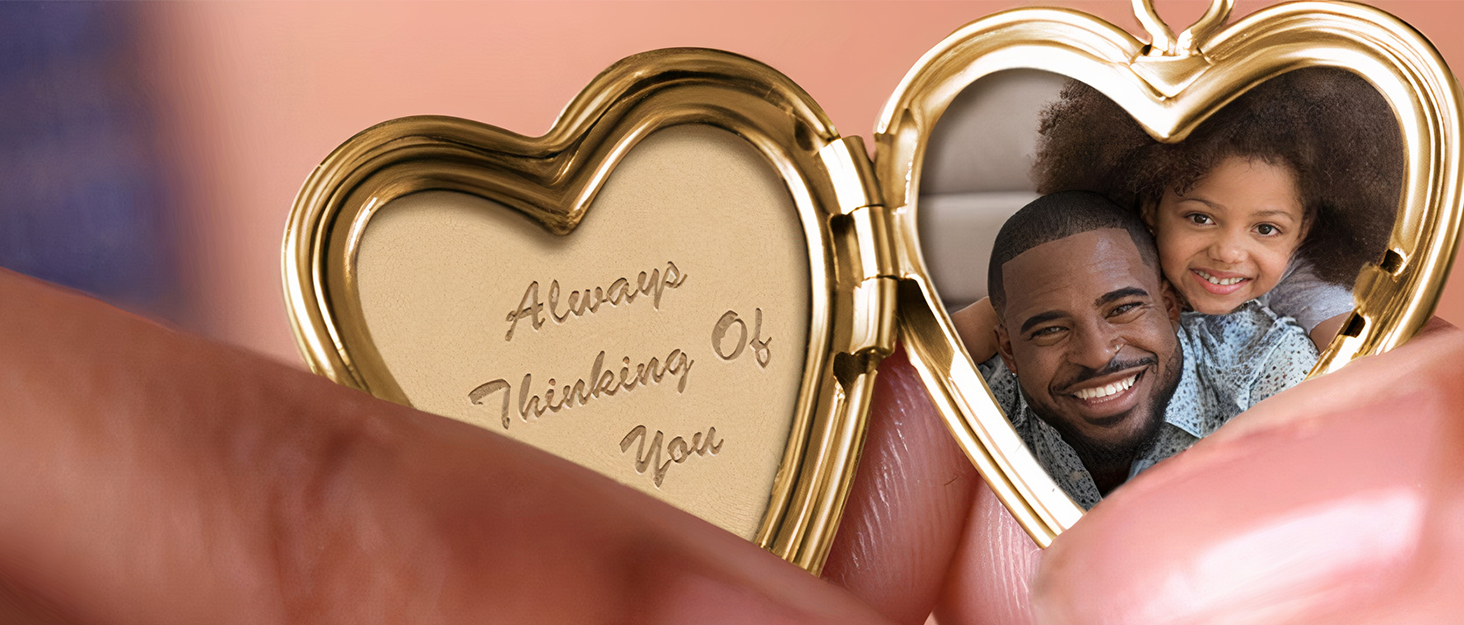- التسوق ، اصبح سهلا.
- /
- احصل على التطبيق!
Saint Uriel "Fire of God", is one of the archangels of post-Exilic Rabbinic tradition, and also of certain Christian traditions. His name may have analogies with Uriah. In Christian apocryphal gospels Uriel plays a role, differing between sources, in the rescue of Jesus's cousin John the Baptist from the Massacre of the Innocents ordered by King Herod. He carries John and his mother Saint Elizabeth to join the Holy Family after their Flight into Egypt. Their reunion is depicted in Leonardo da Vinci's Virgin of the Rocks. Uriel is often identified as a cherub and angel of repentance. He "stands at the Gate of Eden with a fiery sword," or as the angel who "watches over thunder and terror."[3] In the Apocalypse of Peter he appears as the Angel of Repentance, who is graphically represented as being as pitiless as any demon. In the Life of Adam and Eve, Uriel is regarded as the spirit (i.e., one of the cherubs) of the third chapter of Genesis. He is also identified as one of the angels who helped bury Adam and Abel in Paradise. Stemming from medieval Jewish mystical traditions, Uriel has also become the Angel of Sunday (Jewish Encyclopedia), the Angel of Poetry, and one of the Holy Sephiroth. It was Uriel who wrestled Jacob at Peniel and Uriel is depicted as the destroyer of the hosts of Sennacherib. The prayer of Jospeth in the Legends of the Jews reads "Jacob - When I was coming from Mesopotamia of Syria, Uriel, the angel of God, came forth and spoke: I have come down to earth to make my dwelling among men, and I am called Jacob by name." He checked the doors of Egypt for lamb's blood during the plague. He also holds the key to the Pit during the End Times and led Abraham to the West.
